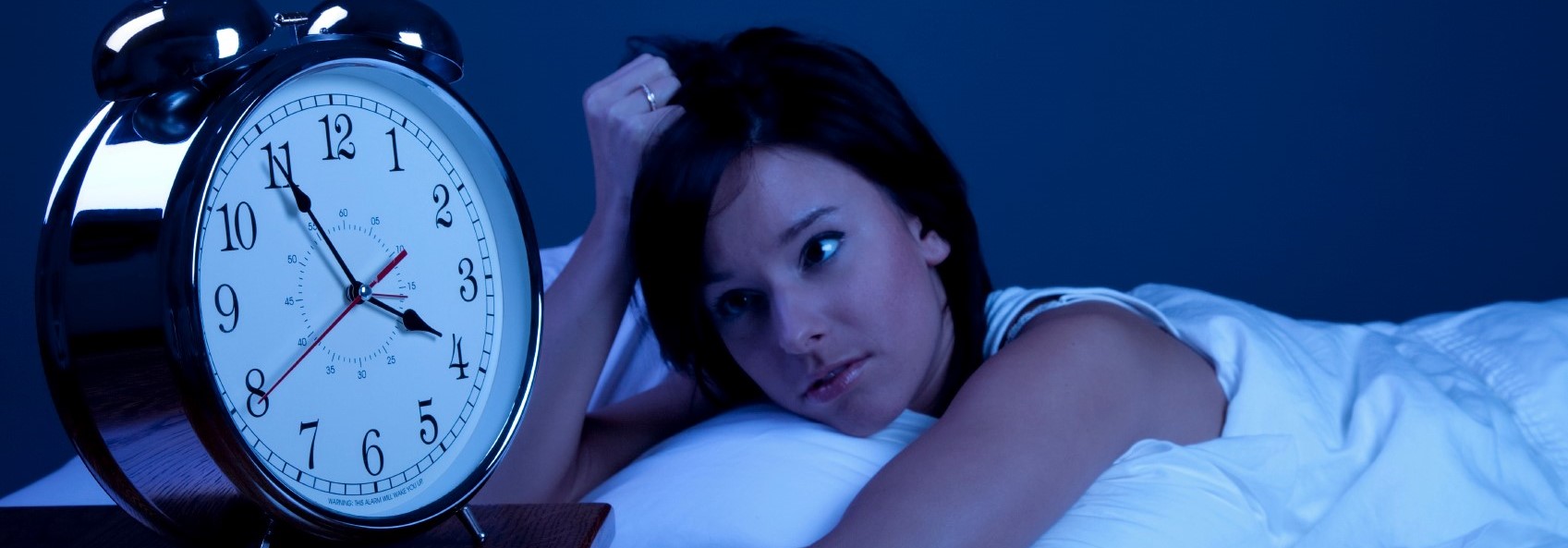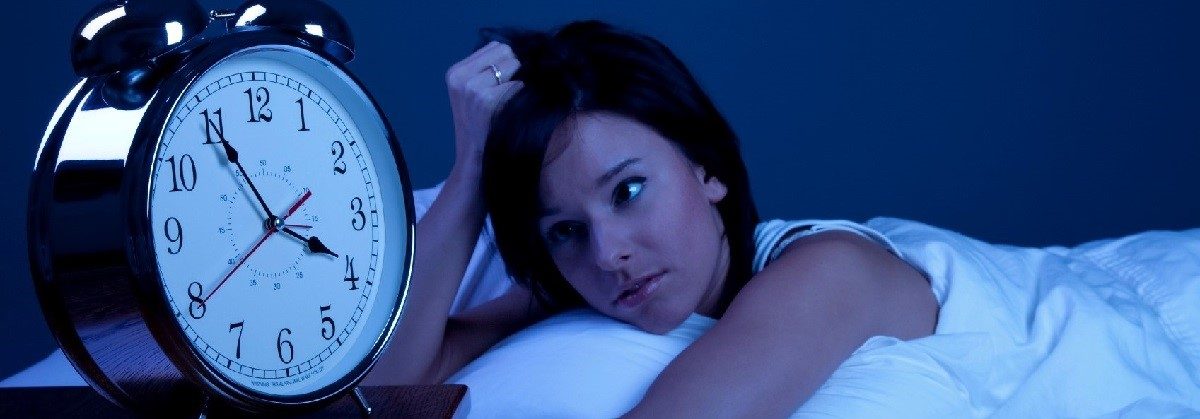
Healthy Tips for Holi festival
March 21, 2019Foods – Options to help you burn fat
April 12, 2019
Don’t let loss of sleep play havoc with your system.
The human body requires sleep for a minimum of one third of the total hours in a day, which is eight hours. Millennials and baby boomers that form a majority of the adult population are particular about their exercise regime and are aware of the food they eat. However, importance of adequate sleep is completely lost.
A study via the sleep-o-meter, a sleep assessment tool by Godrej interio, speaks volumes about the sleep deficit that the nation is facing.
Below are the findings:
- Over 80% individuals are moderate to severely sleep deprived.
- Over 60% use smart phones and other devices before bedtime.
- Only 9% sleep at 10 P. M, the recommended time to go to bed.
- More than 28% people sleep for only 4-6 hours every day.
- Over 32% shared they were unable to sleep through the night.
- Nearly 70% of the respondents have poor sleeping habits.
- Nearly 40% shared they went to bed after 12 P.m.
- Screen addition appears to be a major source (nearly 60%) in contributing to sleep delay.
All the above traits can be attributed to lifestyle changes such as stress due to work, eating habits and changes in body clock. An entire generation of adults does not seem to realise that the repercussions of insufficient sleep can be annihilating.
Sleep starvation is rampant in India and needs to be kept in check before it reaches disastrous levels.
Impact of lack of sleep on our body –
1. Affects normal hormone functioning.
For example, the human growth hormone that aids in growth and cell repair peaks during sleep. Lack of sleep will disrupts this production, thus affecting our body’s natural ability to grow and repair the cells. Additionally, other hormones that control the metabolism and hunger will also get affected, forcing the body to seek more food as a means to increase energy levels in our body.
2. Instability in the levels of energy and mood swings.
Sustained lack of sleep has been known to lead to reduced energy levels, which further results in unstable moods, excessive sleepiness during the day and bursts of euphoria. While shifting attitudes can disrupt the normal functioning of Daily activities, excessive sleepiness during the day especially can be hindering and even dangerous. This can lead to frequent lapses in focus, forcing the body to seek reprieve at any time. These incidences are known as ‘microsleeps’ which are also known to be a contributing factor to traffic accidents as drowsy drivers tend to fall asleep at the wheel.
3. Leads to long term illnesses, diseases and cancer.
Your body may recover from not sleeping quickly, but if continued over a period of time, the negative long-term consequences on health would have already set in.
For instance, the immune system would be the worst hit and unable to defend the body effectively. Poor and restricted sleep would lead to the development of specific illnesses and diseases. These notably relate to cardiovascular diseases, diabetes, hypertension and even certain types of cancers.
Remedies for sleep disorders-
Rampant sleep deprivation is remedial and can be curbed if conscious action in following a sleep regime is taken. Some measures to alleviate the discomfort associated with sleep disorders are:
1. Follow a routine :
Set the clock as per your bedtime and stick to it. Keep distractions such as phones, gadgets and late night TV shows away. Work towards greeting good, on-time sleep and take it just as seriously as any other habit.
2. Exercise :
As we already know, physical activity of any kind is good for your body and sleep health. Try to do cardio exercises at least four times a week or on alternate days. Cardio exercises including jogging, swimming, cycling or simple walking.
3. Ask a sleep expert:
If you think you are facing issues while sleeping and are worried you may be prone to heart problems, consult a sleep doctor.
Credit:
Health and nutrition
By Dr preeti devnani
Sleep therapist
Image : Google

